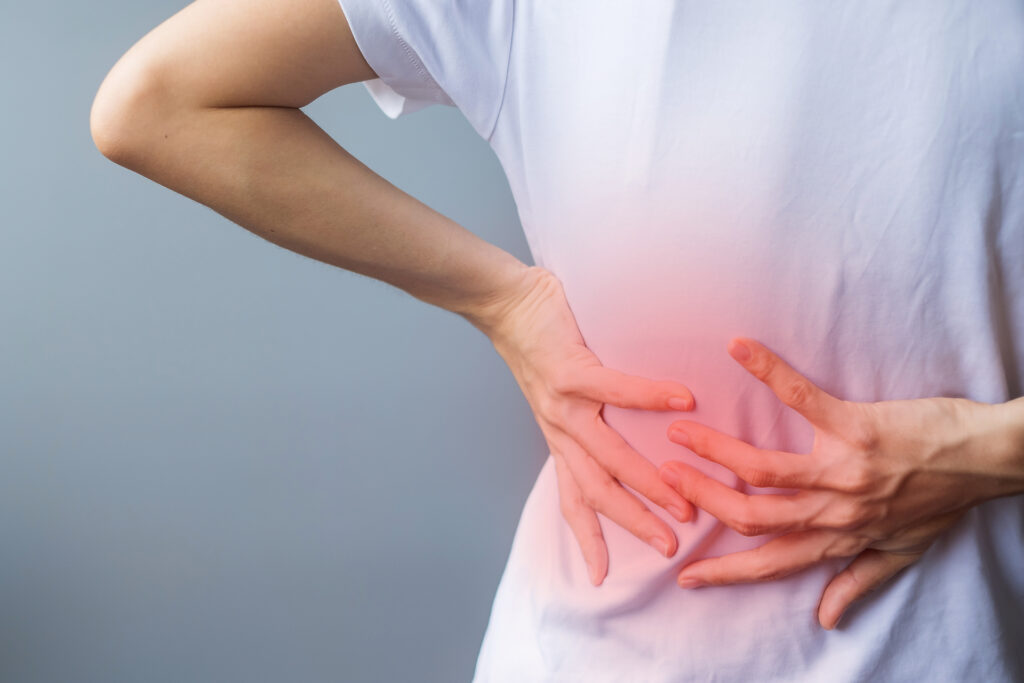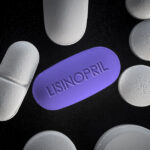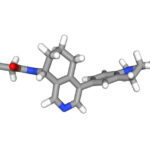Many blood pressure medications can cause back pain. The reasons vary by drug class.
ACE Inhibitors (e.g., Lisinopril, Enalapril)
- Increase bradykinin levels, which can trigger inflammation.
- Can cause muscle spasms due to potassium imbalance.
- Some people experience joint and muscle pain.
ARBs (e.g., Losartan, Valsartan)
- May lead to muscle weakness, affecting posture.
- Some ARBs cause mild inflammation in joints and muscles.
- Rarely, they can cause nerve pain.
Calcium Channel Blockers (e.g., Amlodipine, Diltiazem)
- Can cause fluid retention, leading to back swelling.
- May relax blood vessels too much, affecting spinal support.
- Some people develop muscle aches from electrolyte shifts.
Diuretics (e.g., Hydrochlorothiazide, Furosemide)
- Cause potassium or magnesium loss, leading to cramps.
- Dehydration can trigger muscle stiffness.
- Lower sodium levels may cause nerve pain.
Beta Blockers (e.g., Metoprolol, Carvedilol)
- Reduce blood flow to muscles, causing stiffness.
- Can decrease circulation, leading to muscle cramps.
- May cause fatigue, leading to posture-related pain.
Alpha Blockers (e.g., Doxazosin, Prazosin)
- Can cause posture-related pain due to dizziness.
- May lead to muscle relaxation, affecting spinal stability.
- Some people experience joint discomfort.
Direct Vasodilators (e.g., Hydralazine, Minoxidil)
- Can cause fluid buildup, leading to back swelling.
- Increase heart rate, which may cause muscle tension.
- Rare cases of nerve irritation have been reported.
Central Acting Agents (e.g., Clonidine, Methyldopa)
- Affect nerve signaling, sometimes causing muscle pain.
- Can lead to fatigue, worsening posture.
- Some cause sedation, reducing movement and causing stiffness.
How to Reduce Back Pain from Blood Pressure Medications
Stay Hydrated
- Drink enough water to prevent muscle stiffness.
- If on diuretics, monitor electrolyte levels.
Check Electrolytes
- Eat potassium-rich foods (bananas, spinach) if levels are low.
- Magnesium supplements may help if you get cramps.
Stretch and Move
- Gentle back stretches relieve muscle tightness.
- Walking helps improve circulation and reduces stiffness.
Adjust Posture
- Poor posture worsens back pain.
- Sit and stand with good spinal alignment.
Warm Compress or Epsom Salt Bath
- Heat relaxes tight muscles.
- Epsom salt adds magnesium, helping with cramps.
Ask About Medication Changes
- Some blood pressure meds cause fewer muscle issues.
- A doctor may adjust your dose or switch your medication.
Consider Physical Therapy
- Strengthens back muscles.
- Improves mobility and reduces pain long-term.






